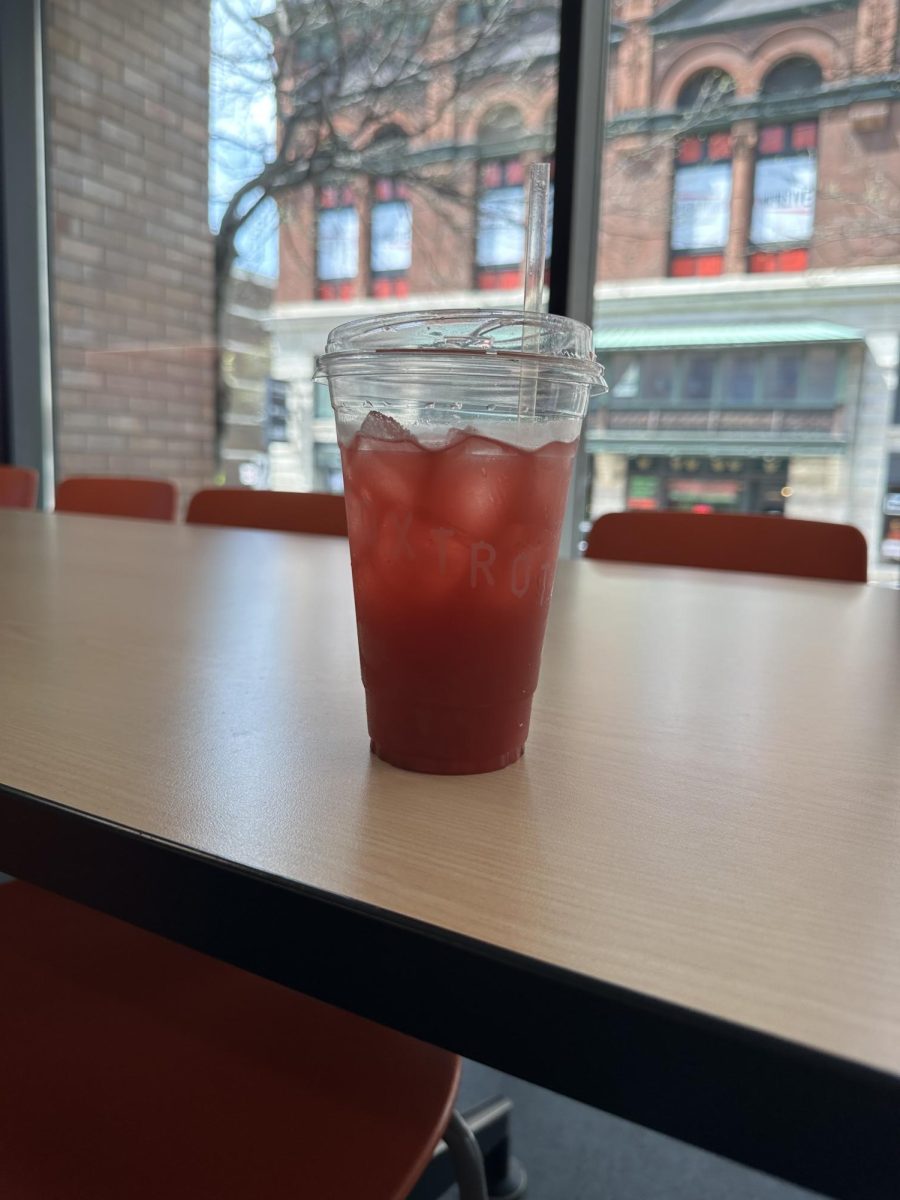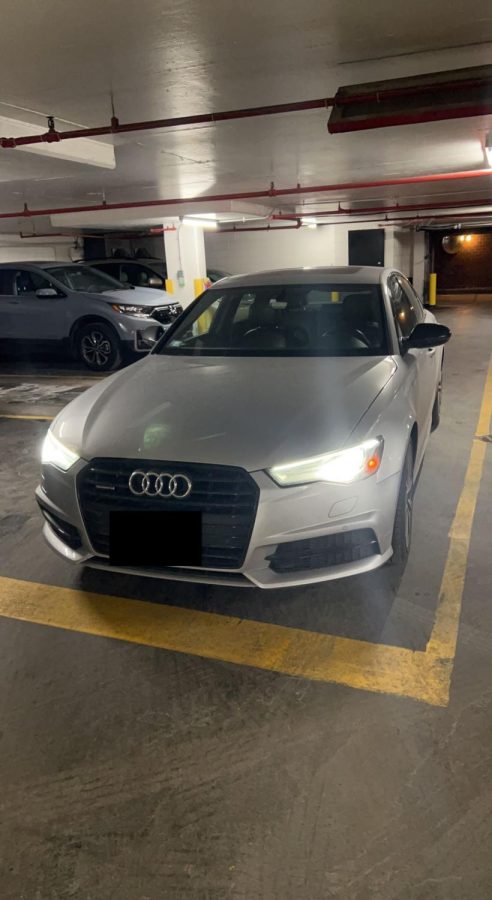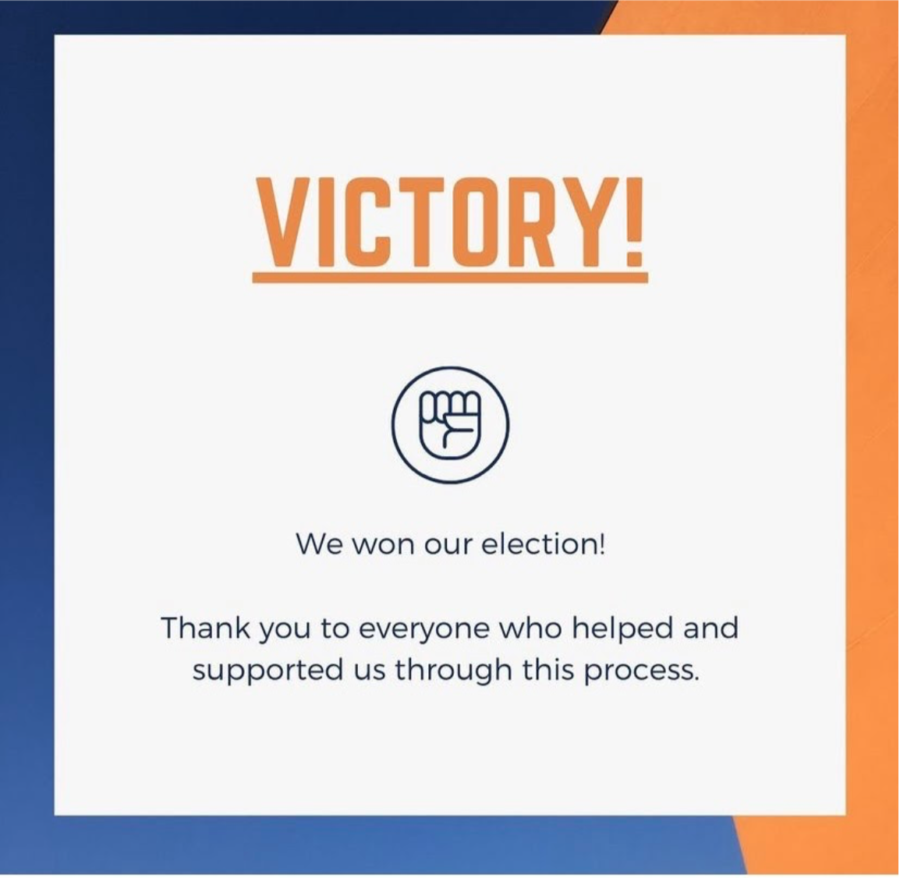Mehr Singh Co-Sports Editor “When there is a will, there is a way,” said Mark Hanis, founder of the Genocide Intervention Network, when he spoke to Latin students and parents. Genocide has plagued most of our lives, from the Holocaust, to Rwanda, and now to Darfur. However, significant change has not been achieved, as genocide has never been given the attention it deserves. That lack of world action is what influenced Mark Hanis to create the Genocide Intervention Network. The organization is not your typical humanitarian aid group; it focuses on using political pressure and awareness to prevent genocide. Created in 2005, Mr. Hanis explained the organization focuses on pushing for the development of programs by world leaders to impact the genocide in a positive manner. Mr. Hanis explained the misconception that while many of us believe humanitarian aid is essential in resolving the issue, the real root of the problem is “ the lack of political will.” Pressure on policy makers is what forces countries that have the power and ability to act on the genocide, like the U.S., to facilitate change. Without people pushing political figures to take up the issue, dramatic change is a difficult prospect. Mr. Hanis further explained that the three ideas to focus on to eventually end genocide, are the three P’s: protection, political will, and permanency. An interesting way in which the Genocide Intervention Network works to implement the “three P’s” is by using their hotline number. This connects the caller with their U.S. representative, senator, or the White House and gives them specific points about the genocide occurring. Thus, advocating the importance of the issue to those political figures, and eliminating the possibility of representatives claiming they “ did not know” that millions in Darfur were being murdered. While Latin students were intrigued by the theory of political impact, many wondered what they could do to help. Mr.Hanis responded that the key ways to help are simple, “ Educate. Advocate. Donate.” Latin students all agreed that attention and aid to prevent genocide are necessary, but they disagreed if Mr. Hanis’s theory was the right way to approach the situation. Junior, Emily Vander Weele, enjoyed the talk, saying, “I thought he was very knowledgeable. He gave a good sense of the background of genocide as well as offered an original perspective on the solutions, and how our country can tackle the epidemic.” However, while Mr. Hanis might have been knowledgeable on the issue, his sincerity on the change was questioned. Kevin Ward, a sophomore, mentioned, “I thought he seemed like a nice guy, but his speaking style almost went into infomercial territory. And, going into it, I was wondering how I could possibly stop genocide besides donating. I left hearing that we were supposed to help politically by making sure our representatives wanted to stop genocide, yet it just seemed as if we should just encourage political figures to donate.” Mr. Hanis’s political strategy might be effective, but his speech skills might need adjustment before they can motivate others to act. Despite disagreements on the method of instituting change, Latin students were presented with an evening of educational awareness on an issue that seems much too ignored. Whether or not students agree with using political influence to improve the current genocide in Darfur, they have the tools and ability to act. With a more positive outlook, junior, Michaella Baker, mentioned, “ It was fantastic to hear from someone who rallied us with him to fight for a common cause. He has achieved so much, so it was interesting to see the impact just one person can make.” Genocide may be a difficult issue to tackle, but with a strong will and perseverance, one person can make large impact.]]>
Categories:
Political Will: The New Solution to Genocide Intervention
May 2, 2011
1
0
More to Discover




















































jbucciero11 • May 2, 2011 at 10:26 pm
I didn’t hear him speak, but I’m all for intervening on any genocide anywhere.